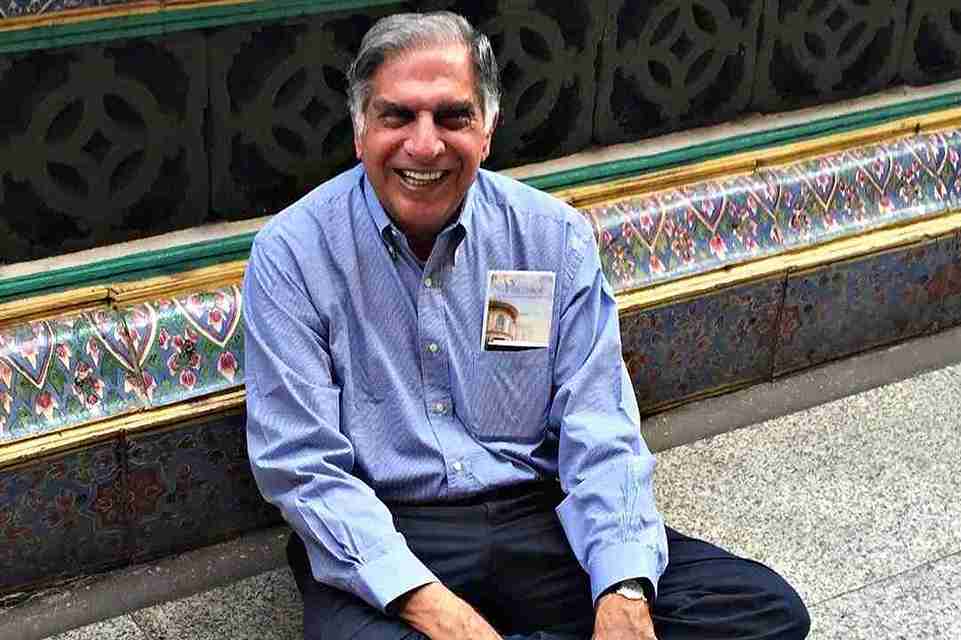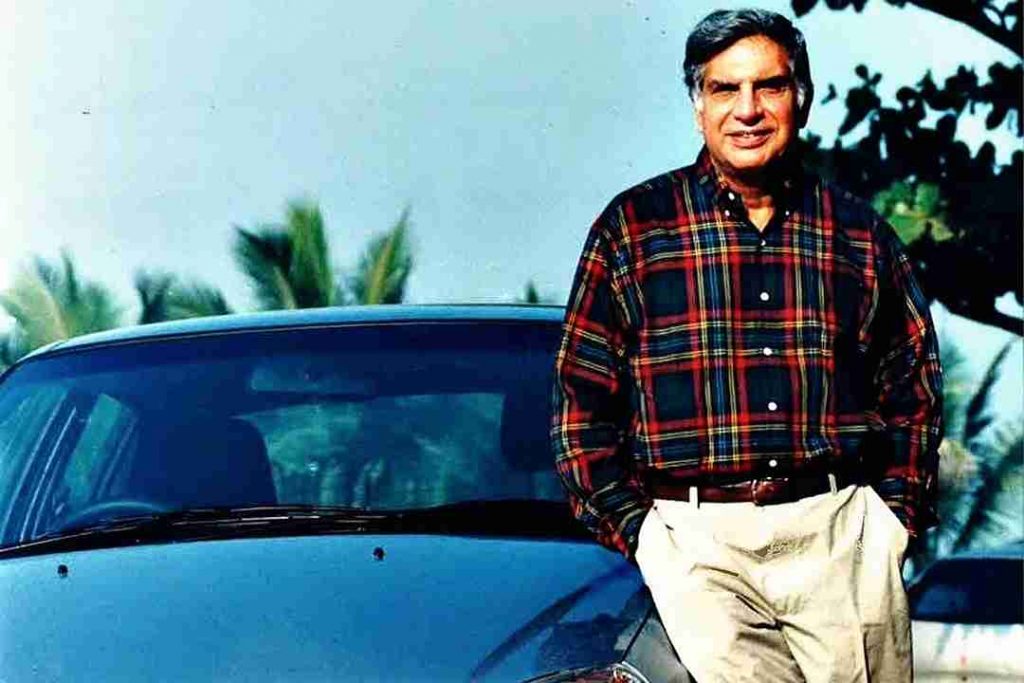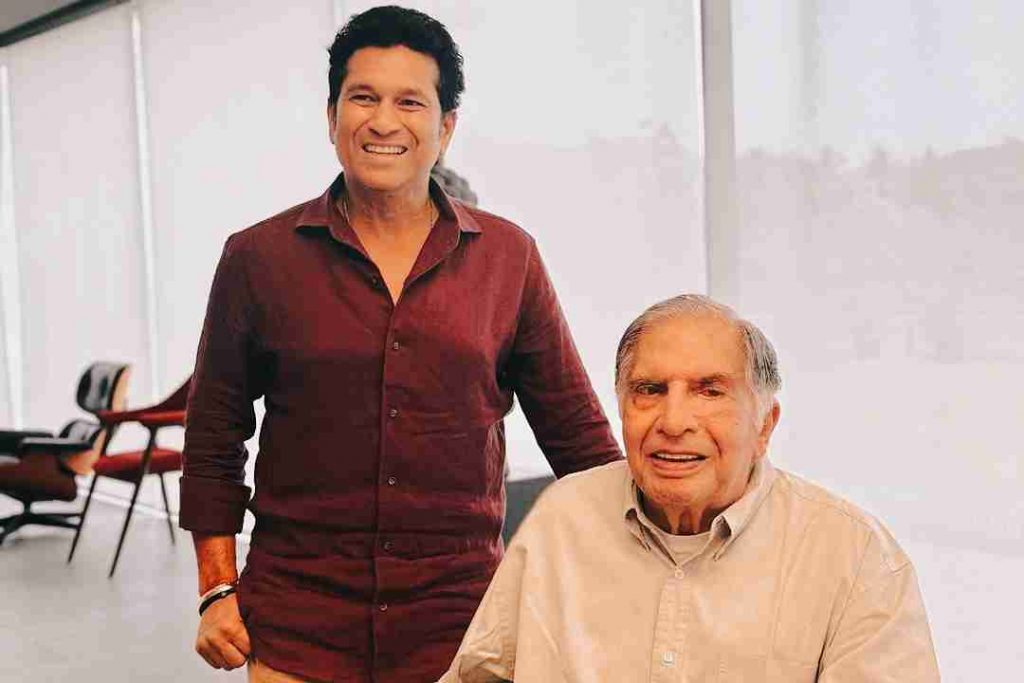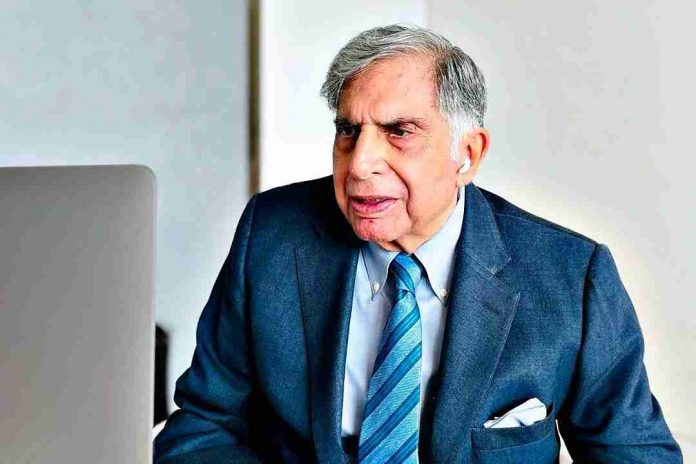Table of Contents
Ratan Tata, a name synonymous with business excellence and compassion, has etched his legacy as one of India’s most revered industrialists and philanthropists. From leading the Tata Group, one of India’s most iconic conglomerates, to contributing significantly to numerous charitable causes, Ratan Tata’s life is a testament to visionary leadership, personal ethics, and an unwavering commitment to societal welfare. This article delves into the life, achievements, and philanthropic contributions of Ratan Tata, highlighting his immense impact on both the business world and the communities he served.
Early Life and Education

Born on December 28, 1937, in Bombay (now Mumbai), India, Ratan Naval Tata hails from one of the most illustrious families in India — the Tata family. His great-grandfather, Jamsetji Tata, founded the Tata Group in 1868, which would go on to become a cornerstone of India’s industrial development. Ratan Tata’s father, Naval Tata, was also a significant figure in the Tata family, though Ratan’s relationship with him was complicated due to early family dynamics. Despite these challenges, Ratan Tata grew up under the guidance of his influential family, and his education was deeply shaped by their values of integrity, responsibility, and service to society.
Ratan Tata attended Cornell University in the United States, where he earned a Bachelor’s degree in Architecture (BArch). This solid educational foundation laid the groundwork for his future in business and leadership, but it was his ability to innovate and think strategically that set him apart.
Leadership at Tata Group
Ratan Tata’s leadership journey at the Tata Group began in 1991 when he took over as the chairman, succeeding J.R.D. Tata, one of India’s most respected industrialists. Under his stewardship, Tata Group expanded into global markets and diversified its portfolio, making strategic acquisitions and investments. One of the hallmark achievements of Ratan Tata’s tenure was the acquisition of Tetley Tea in 2000, which marked Tata’s foray into international business.
However, it was Tata’s decision to acquire the Jaguar Land Rover brands in 2008 that brought him global recognition. This bold move not only cemented Tata Motors’ position in the international automotive market but also proved Ratan Tata’s ability to think beyond traditional business practices. His tenure at the helm of Tata Group also saw the expansion of Tata Consultancy Services (TCS), one of India’s largest IT services companies, and the development of Tata Nano, the world’s cheapest car at the time.
Ratan Tata’s leadership was defined not just by the economic successes of the Tata Group but also by his ethical approach to business. He was widely admired for running the conglomerate with a focus on long-term sustainable growth rather than short-term profits, earning respect from stakeholders and competitors alike.
Ratan Tata’s Net Worth and His Charitable Contributions

As of 2024, Ratan Tata’s net worth is estimated to be ₹7,900 crores. A significant portion of his wealth comes from his holdings in Tata Sons, the holding company of the Tata Group. However, Ratan Tata is known for his remarkable generosity and commitment to philanthropy, often donating a large part of his wealth to charitable causes.
Much of Ratan Tata’s charitable work has been carried out through the Tata Trusts, which manage a substantial portion of the Tata Group’s philanthropic activities. The Tata Trusts have a rich history of supporting education, healthcare, and rural development, with projects that have positively impacted millions of people. Ratan Tata has personally been involved in numerous philanthropic ventures, focusing on initiatives that aim to improve quality of life, foster education, and promote social welfare in India.
In addition to his philanthropic work within India, Ratan Tata’s charitable contributions extend internationally. According to the 2021 EdelGive Hurun Philanthropy Report, Jamsetji Tata, Ratan Tata’s great-grandfather, holds the distinction of being the most charitable individual globally, with donations exceeding ₹8.29 lakh crore. This legacy of giving continues to inspire Ratan Tata’s own charitable endeavors.
Ratan Tata’s Family: His Roots and Personal Life
Ratan Tata’s family has been a driving force behind his success and values. His father, Naval Tata, was a significant influence in his life, shaping his worldview and approach to business. Ratan Tata was also deeply affected by the teachings and principles of his uncle, J.R.D. Tata, who served as the chairman of Tata Group before him and was a mentor figure in his life.
Despite his immense success, Ratan Tata has often been noted for his personal life choices. Unlike many of his contemporaries, Ratan Tata never married. In 2011, Tata revealed that he had come close to marriage on four occasions but ultimately backed out each time, either due to fear or other reasons. One of the most notable instances involved a romance he had with a woman in Los Angeles while working there, but his return to India due to a family illness led to the end of the relationship. The girl’s parents did not allow her to move to India, and Tata chose to prioritize his familial responsibilities over personal desires.
This choice to remain unmarried throughout his life has led many to view Ratan Tata as a man who devoted himself entirely to his professional commitments and philanthropic efforts. Despite his personal sacrifices, he remains one of the most respected figures in India.
The Tata Legacy: Ratan Tata’s Impact on Indian Industry

Ratan Tata’s legacy extends far beyond the Tata Group’s commercial success. He is credited with reshaping the Indian business landscape by introducing international standards of corporate governance, innovation, and sustainability. Under his leadership, the Tata Group became a global brand, with subsidiaries like Tata Steel, Tata Motors, Tata Consultancy Services, and Tata Power achieving recognition worldwide.
Tata’s legacy also involves an unwavering commitment to values such as integrity, transparency, and responsibility. In a business environment often fraught with ethical dilemmas, Ratan Tata’s approach was distinguished by a strong moral compass. He stood firm against corruption, rejected offers of unethical business deals, and worked relentlessly to ensure the Tata Group remained a name synonymous with trust and reliability.
Additionally, Ratan Tata’s decision to spearhead the establishment of the Taj Mahal Palace Hotel in 1903, which featured India’s first electrified building, and the founding of institutions like Air India and Lakmé cosmetics, has left an indelible mark on Indian society. These achievements contributed significantly to India’s growth as a nation post-independence.
Recognition and Awards
Ratan Tata’s contributions to business and society have been widely recognized, both in India and globally. Among his numerous awards and honors are the Padma Vibhushan (2008) and Padma Bhushan (2000), two of India’s highest civilian awards, which he received for his distinguished services in the field of industry. He has also been conferred with several honorary degrees from prestigious universities around the world.
Tata has received recognition from foreign governments as well. Some of his international accolades include:
- The Medal of the Eastern Republic of Uruguay (2004)
- Honorary Knight Commander of the Order of the British Empire (KBE; 2009)
- Grand Cordon of the Order of the Rising Sun (2012) from the Government of Japan
- Honorary Knight Grand Cross of the Order of the British Empire (GBE; 2014)
- Commander of the Legion of Honor (2016) from the Government of France
- Honorary Officer of the Order of Australia (2023)
These prestigious awards reflect the high regard in which Ratan Tata is held globally, particularly for his role in strengthening economic ties between India and various countries.
The Future of Tata Group After Ratan Tata
Although Ratan Tata stepped down as chairman of Tata Group in 2012, his influence continues to be felt in the company today. After his tenure, leadership passed to Cyrus Mistry (2012–2016) and later to Natarajan Chandrasekaran, who assumed the role in 2017. Ratan Tata’s legacy, however, continues to guide the group’s activities, especially in terms of its values and its approach to business.
His commitment to social responsibility, ethical leadership, and long-term sustainability has become a model for future leaders of the Tata Group and other corporations. Ratan Tata’s vision for a better world, driven by innovation and compassion, remains a guiding principle for the conglomerate, ensuring that his influence will continue to shape its trajectory for years to come.
Conclusion
Ratan Tata’s life is a remarkable narrative of business success, personal integrity, and profound generosity. From his early days as a student at Cornell University to becoming the visionary leader of one of India’s largest conglomerates, Ratan Tata has always led by example. His contributions to industry and society, combined with his ethical approach to business and life, have made him a role model for generations of entrepreneurs and philanthropists.
As Ratan Tata continues to inspire millions with his work and legacy, his name remains an enduring symbol of leadership, compassion, and a deep commitment to the betterment of society. Whether it’s through his groundbreaking business achievements, his personal sacrifices, or his unparalleled philanthropic contributions, Ratan Tata’s influence is sure to last for generations to come.

